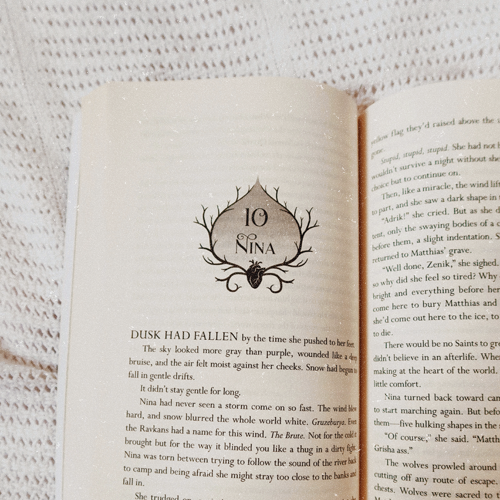How to be kind to yourself as a writer
/@ dreaming by dusk
No matter if you’re an aspiring, new, or established writer, there is one detail about your craft that you can’t overlook or ignore. That detail is this – you must always be kind to yourself as a writer.
There is so much work that goes into writing something original and engaging. The whole process and experience can be as fun as it is frustrating.
Once you find the balance between hobby and hard labour, it becomes easier. However, there are a few gentle reminders you can set for yourself along the way.
Today I’m sharing 3 different ways to be kind to yourself as a writer that you can blend into your creative writing routine and rituals.
These will help you to stay motivated and excited about your writing craft and works without becoming overwhelmed or stressed.
Never write more than 1-2 stories at the same time.
It’s okay to let your creative muse distract you from time to time. There’s no negative part of too much creativity and imagination. But in saying that, if you have more than 1 piece of writing on your mind it can be very tempting to write them all as part of a much larger writing cycle.
The idea of a writing cycle is to write a range of stories at the same time; switching between the stories every few weeks or months. Especially for new and aspiring writers, it gives you the freedom to explore all your ideas before settling and committing to a single project for a longer time.
The downside of writing cycles – and tackling too many stories at once – is that it can become stressful and eventually lead to creative burnout, and, dare I say, writer’s block!
From my own experiences, every piece I wrote during my writing cycle felt subpar and rushed, even for first drafts. I was not happy and I felt a lot of self-doubt about my creative writing.
Instead of dipping your toes in and out of your works, take the time to submerge yourself in them – at least up to your ankles or knees. The quality of your writing is always better than its quantity.
Compare your favourite works side by side and decide which one(s) matter the most to you. Then, create a detailed, dedicated plan for how you will approach them.
Giving yourself 2-3 months for each story allows you more time to explore every corner of your creativity without rushing through the process and producing pages that do not excite or engage you.
Find the enjoyment and excitement in every step of the writing process.
Pantsing, plotting, pre-writing, outlining, drafting, and editing. Depending on your own habits and rituals, you will likely do a few of these activities during your writing routine.
Every writer will also have their perspective about these activities when they’re writing something new. I used to dread pre-writing and outlining my stories. It felt like procrastination to the act of writing itself.
Now that I’ve grown a little more in my craft, I’ve learned to appreciate and enjoy every small milestone of the creative writing process. I do this by understanding the importance of every activity and the role it has for my story.
For instance, I’ve changed my point of view about pre-writing. Instead of planning and preparing everything about my story in advance, I leave some room for spontaneity. Because that has always been the match that sparks creativity…At least for me.
I intentionally leave blank spaces in the timeline, the setting, or the characters, and I keep a pocket notebook nearby so I can fill in those gaps as I go. I leave some room to explore and create the story instead of translating my initial thoughts onto the pages.
If there are parts about the act of writing a book that you don’t like, find new ways to change your perspective. Sit down and think about why you find those activities dull or difficult and what you could do to change that.
Set realistic writing goals for yourself. Stick to them and celebrate them.
Finding the perfect time to write can be incredibly difficult when you have a whole list of other priorities to focus on. As a result, setting goals and guidelines for your writing, that can’t be accomplished in the time you have, can demotivate you.
The best thing you can do when setting writing goals is to be realistic with the time you have each day, week, or month. Such as setting a minimum or maximum number of words you want to write every day.
I used to write between 1,000-3,000 words a day when I was a university student. Now that I’ve graduated, I’ve had to change my daily writing habits to between 300-700 words a day. While this was upsetting, it was realistic with the time I had on my hands.
Many say it is easy to write 300-400 words a day. It translates into a single page of a book written per day. So, if you write 1 page a day for 365 days, you will have a book at the end of the year that 365 pages in length. It seems like a small amount at first but once you zoom out, that’s your completed story!
These are the 3 different things you can do to be kind to yourself as a writer. To summarise, they are committing yourself to 1 creative work (or 2 at the most), finding new ways to feel motivated and inspired throughout the writing process, and setting attainable goals for yourself that you can accomplish over time. Practising these will help engage and excite you about your work and stay committed to finishing them over longer periods. I hope you enjoyed reading this post and found it helpful for your own writing routine.
Happy writing!













